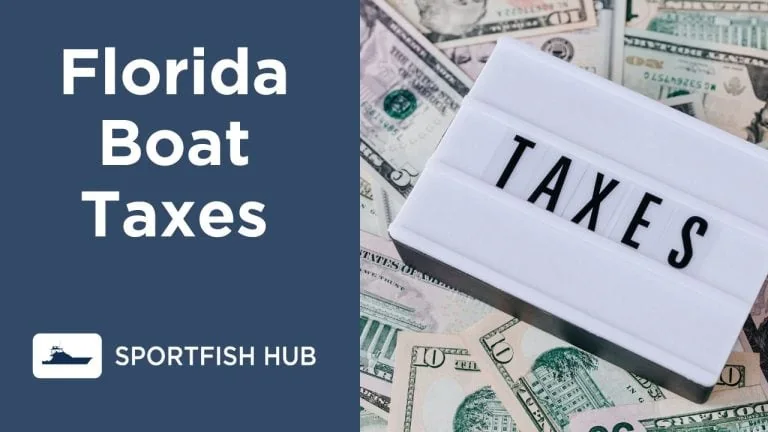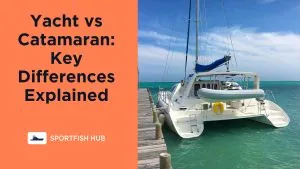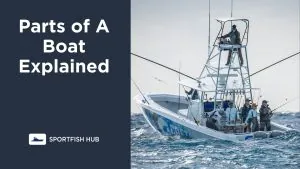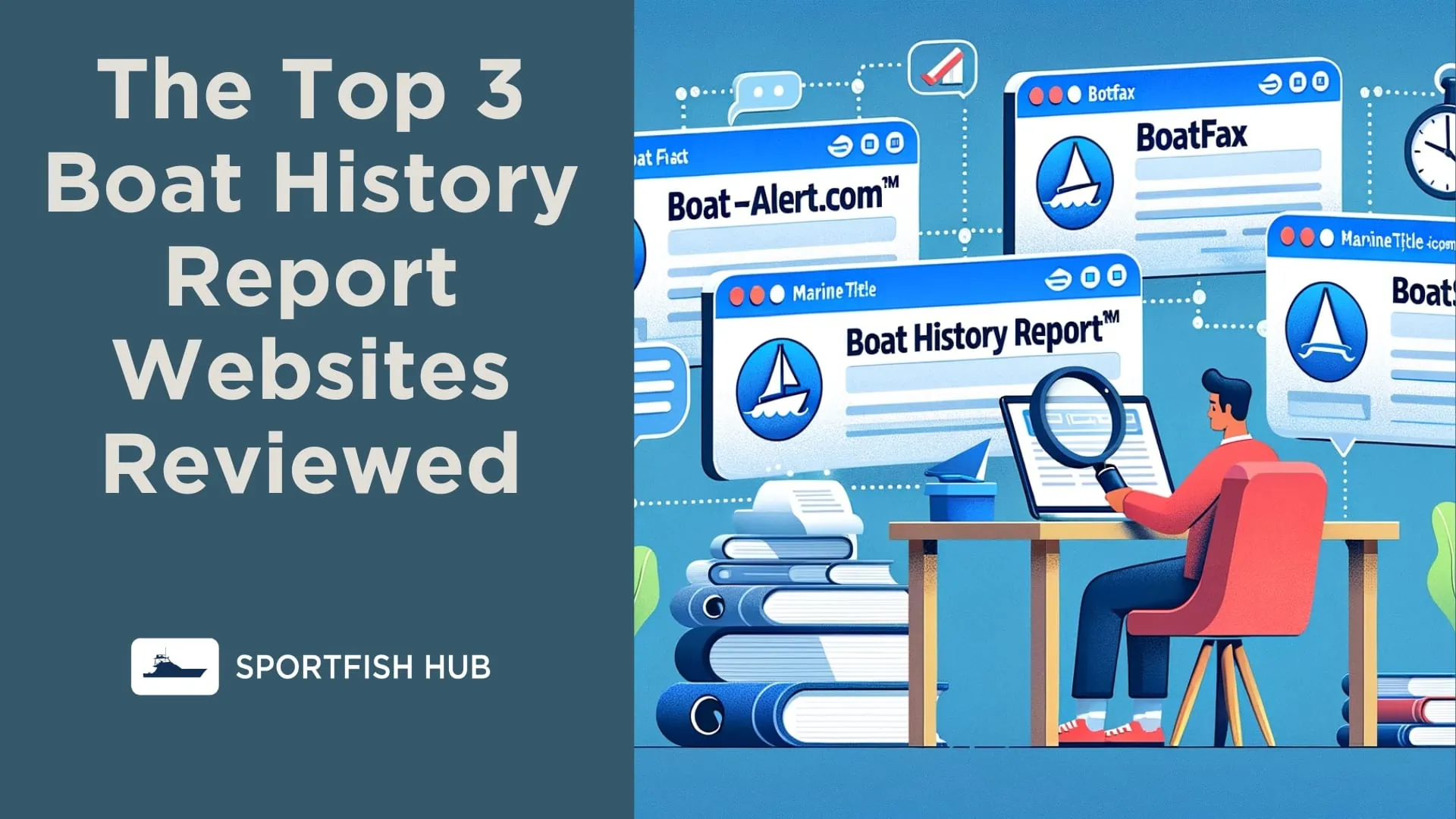Florida, known as the “Sunshine State,” is a haven for boaters due to its extensive coastline, numerous lakes, and favorable climate.
However, owning a boat in Florida comes with its own set of tax implications. This article aims to provide a comprehensive understanding of boat taxes in Florida.
Read Also: When is the best time to buy a boat?
Sales and Use Tax
Florida imposes a sales and use tax on boats, which is currently set at 6% of the purchase price.
However, the state caps the total tax amount due on a vessel at $18,000. This tax cap law, which went into effect on July 1, 2010, is still in effect today. If you’re in the market for a boat valued at $300,000 or more, you can reap significant tax savings on your purchase.
For example, if you purchase a boat for $500,000, instead of paying $30,000 (6% of $500,000), you would only pay $18,000 due to the tax cap.
Private Boat Sales
Sales of private boats in Florida are also subject to the six percent sales tax, as well as any applicable local government taxes.
The tax is imposed on the full purchase price of the boat and must be paid by the buyer at the time of sale. The seller is responsible for collecting and remitting the tax to the state.
For instance, if you purchase a boat from a private seller for $20,000, you would owe $1,200 in sales tax (6% of $20,000).
You might be interested in: Registering a Boat in Florida Without a Title (Is it possible?)
Out-of-State Boat Purchases
If you’re considering buying a boat and you live in a different state than where the boat is located, you may be wondering about sales tax.
Some states require that you pay sales tax on any out-of-state purchase, while others only require it if the purchase is made from a dealer in another state. If you plan to keep the boat in Florida, you must pay sales tax on the purchase.
For example, if you purchase a boat in a state that has a sales tax rate of 4%, you must pay an additional 2% when you bring the boat into Florida, plus any applicable discretionary sales surtax. However, the maximum tax of $18,000 will still apply.
Avoiding Sales Tax On A Boat in Florida
There are a few strategies to avoid paying taxes on your boat in Florida. One option is to just buy the boat in another state, specifically a state that doesn’t have a sales tax, or use a dealer who is located in such a state.
Another option is to buy a boat that is already registered in Florida, as you will not be responsible for paying any back taxes owed on the vessel.
Non-Florida Residents
Non-Florida residents can also avoid sales tax by moving the boat to another state for part of the year and then bringing it back to Florida during the colder months. This strategy is particularly effective for sportfishers, snowbirds, and others who migrate with the seasons.
Offshore Closing
For high-value boats or for owners who plan to travel constantly or register the boat in a foreign location, an offshore closing is an option to avoid the Florida taxes:
- Requires the parties to close the deal offshore, outside the state’s waters.
- keeps the buyer off the state’s radar and eliminates the need for paperwork submission.
Offshore Registration
Another common scenario to avoid Florida sales taxes for larger boats was registering offshore, which can be costly.
- The boat owner brings the boat back to Florida under an annual cruising permit from the U.S. Coast Guard.
- Under this permit, the boat can stay in Florida (or anywhere in the U.S.) for up to one year.
- The boat must then leave U.S. waters and enter a foreign port, at this point, they can turn around and apply for a new cruising permit.
Registration and Titling
In addition to sales tax, boat owners in Florida must also pay for registration and titling fees. The cost of these fees varies depending on the length of the boat and whether it is used for commercial or recreational purposes. For example, the registration fee for a recreational boat that is less than 12 feet long is $10.50 per year, while a boat that is 40 feet or longer costs $189.75 per year.
Other Taxes and Fees
Boat owners in Florida may also be subject to other taxes and fees, such as fuel taxes and docking fees. These taxes and fees vary depending on the location and the type of boat. For instance, if you dock your boat at a marina, you may be required to pay a docking fee, which can range from a few hundred to several thousand dollars per year, depending on the size of your boat and the location of the marina.
Legal Considerations
It’s important to note that while there are ways to minimize your tax liability, all tax laws and regulations must be followed. Failure to pay the appropriate taxes could result in penalties and interest charges. It’s always a good idea to consult with a tax professional or attorney who specializes in boat transactions to ensure you’re in compliance with all tax laws and regulations.
Conclusion
Owning a boat in Florida can be a rewarding experience, but it’s important to understand the tax implications before making a purchase. By doing your research and consulting with a tax professional, you can make an informed decision and enjoy your boat without worrying about unexpected taxes.
Remember, the information provided in this article is for general informational purposes only and is not intended to be legal advice. Always consult with a professional for your specific situation.











